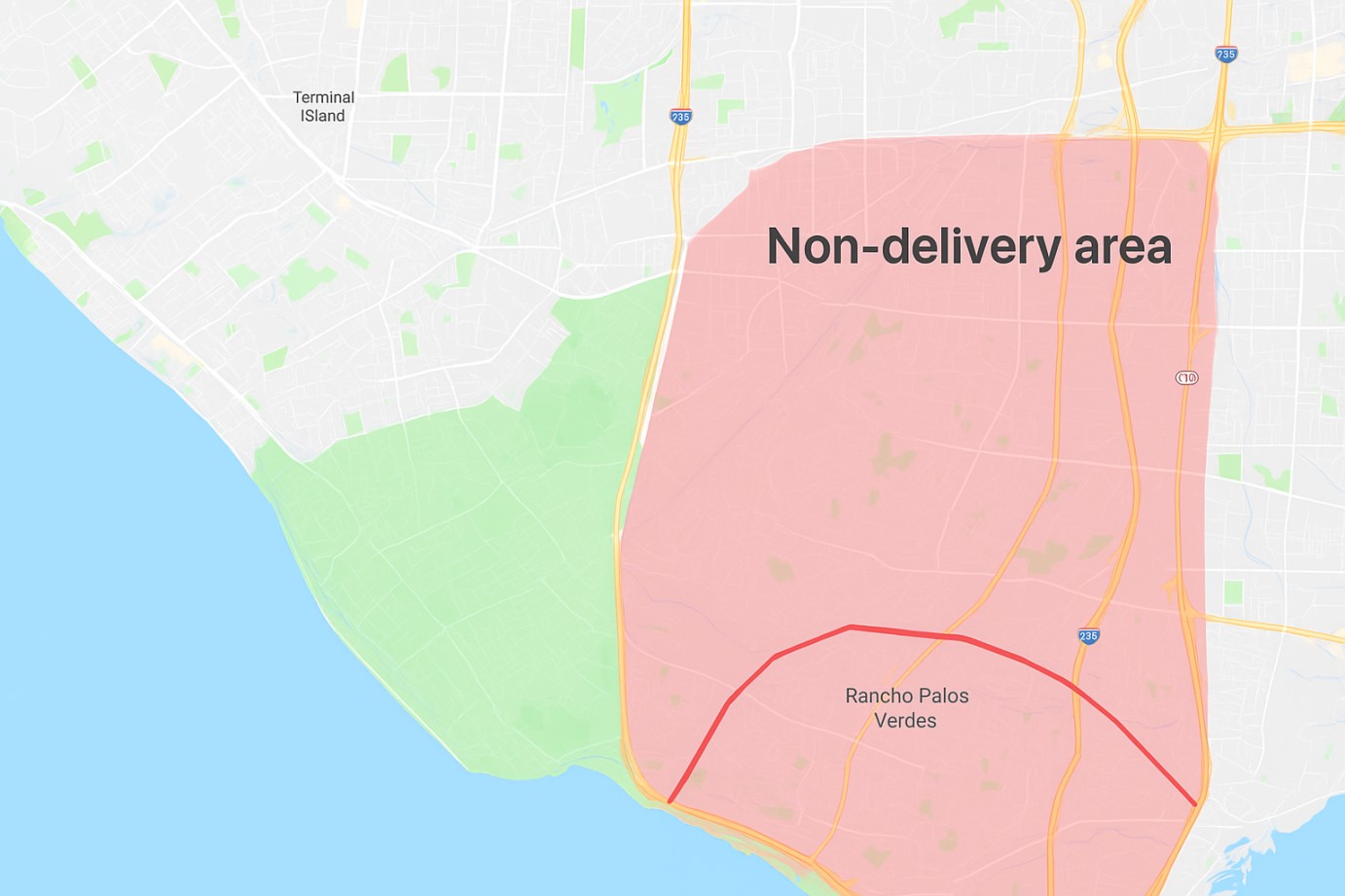This website uses cookies so that we can provide you with the best user experience possible. Cookie information is stored in your browser and performs functions such as recognising you when you return to our website and helping our team to understand which sections of the website you find most interesting and useful.
As a fellow WordPress enthusiast, you might have come across various hooks that allow you to extend and modify functionality without altering core files. One such hook is the pre_http_send_through_proxy filter. This handy hook lets you control whether requests are sent through a proxy or not. By returning false, you bypass the proxy; returning true sends the request through, and null bypasses the filter altogether.
To get started with the pre_http_send_through_proxy filter, you’ll need to register it using add_filter. This can be done in your theme’s functions.php file or, ideally, in a custom WordPress Plugin. Creating a custom plugin is a great practice as it ensures your modifications remain intact through theme updates. Let’s dive into some live examples to understand this better.
Example 1: Modifying Proxy Behavior
In this example, we define a function weplugins_modify_pre_http_send_through_proxy_defaults that customizes proxy behavior based on your website’s needs.
function weplugins_modify_pre_http_send_through_proxy_defaults($override, $uri, $check, $home) {
// Your custom logic here
return $override;
}
add_filter("pre_http_send_through_proxy", "weplugins_modify_pre_http_send_through_proxy_defaults", 10, 4);
Example 2: Removing a Hook Callback
If you need to remove a hook callback, use the example below. Ensure you provide the same callback function name, priority, and number of arguments.
remove_filter("pre_http_send_through_proxy", "weplugins_modify_pre_http_send_through_proxy_defaults", 10, 4);
Parameters
Below are the parameters required for using this hook:
- $override: (bool|null) Whether to send the request through the proxy. Default null.
- $uri: (string) URL of the request.
- $check: (array) Result of parsing the request URL with parse_url().
- $home: (array) Result of parsing the site URL with parse_url().
Contact Us
If you’re having any trouble using this hook or need customization, feel free to contact us. Our team at WePlugins is always ready to assist you.
Explore the latest in WordPress
Trying to stay on top of it all? Get the best tools, resources and inspiration sent to your inbox every Wednesday.




